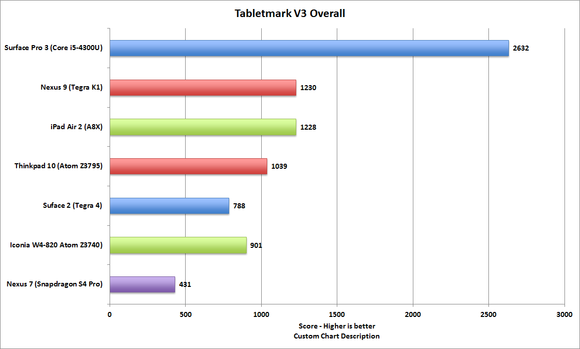If you're going to make a brash statement, prepare something better than just an opinion: http://www.nvidia.com/object/tegra-k1-processor.html
This, my friend is a SoC which has the power of an Nvidia GPU and a quad-core ARM CPU. I can't find any benchmarks vs an i5 or i7
Feel free to search for benchmarks using the keywords "Nexus 9" and "Surface Pro 3". Mind you, the Nexus 9 only uses a dual-core version of the K1. But then again, the Surface Pro 3 only includes a dual-core chip as well. (Ironically, while the K1 appears to beat Apple´s A8X in terms of single-core performance, Apple´s GPU beats Nvidia´s...)

In addition, Amiga would do better on a dedicated piece of hardware that is both cheap, and cost-effective, x86 isn't that answer. AmigaOS has a new place in the media-centric world - its low resource usage, efficient memory management and user-centric design would make it a perfect small computer OS, being used in either all-in-one computers or small set-top box computers
"Low resource usage" becomes completely meaningless if your hardware drivers support only a fraction of the hardware´s capabilities and are horribly slow compared to other supposedly "bloated" operating systems. In times when even cheap settop boxes like the Amazon Fire TV include 2GB of memory, "efficient memory management" is not much of a compelling feature either even if it meant gaining, say, 300MB of unused memory.